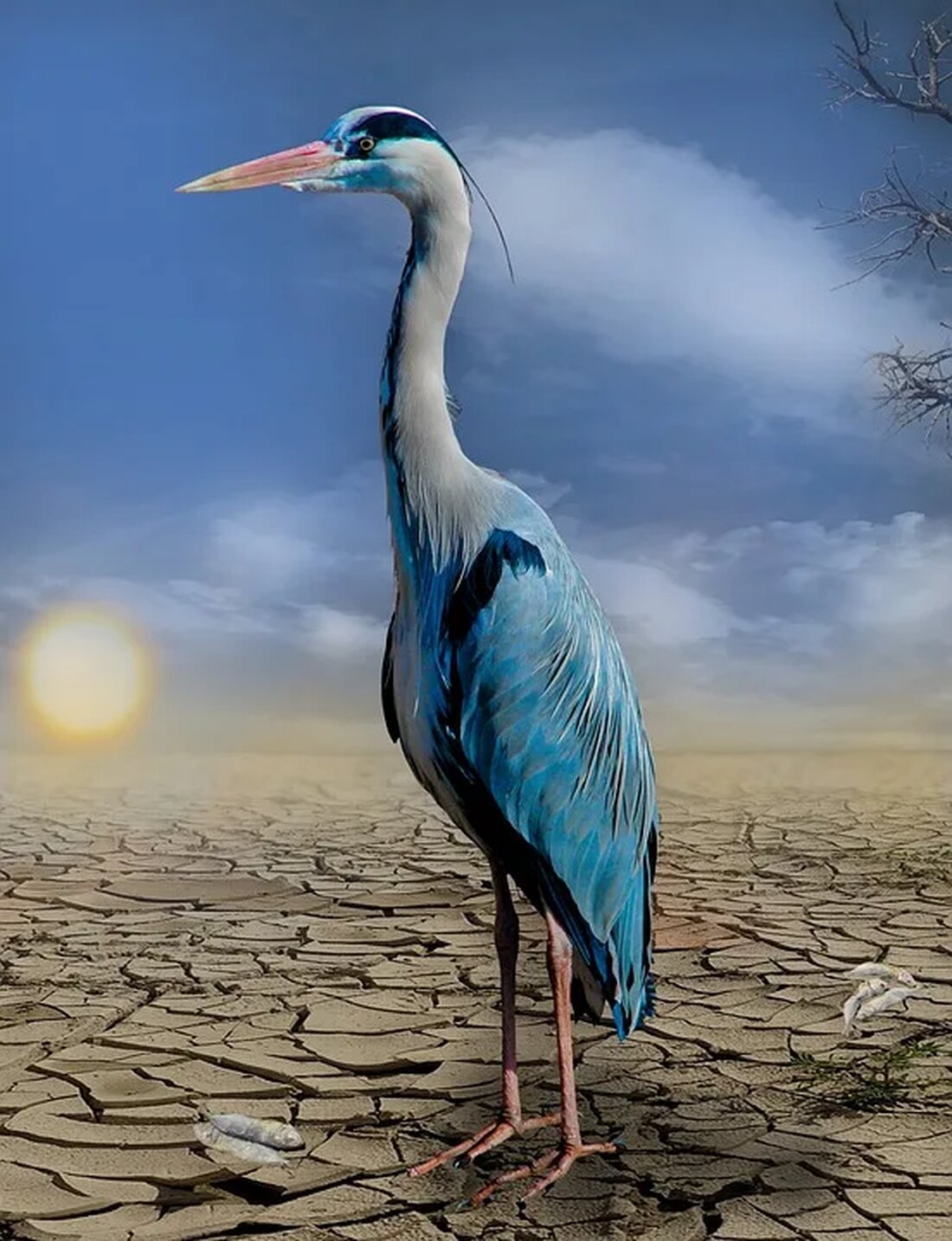Climate change and its effects on indigenous peoples
Climate change is a global challenge whose effects are felt in all regions. While many environmental issues often seem abstract or distant, the impacts of climate change on indigenous peoples represent a direct, immediate and pervasive threat. Indigenous peoples are particularly affected by climate change because they often live in regions that are particularly vulnerable to environmental change and because they rely heavily on natural resources that are at risk from climate change. Climate change and its general effects What is climate change? Climate change refers to long-term changes in temperature, precipitation, wind, and other aspects of the Earth's climate system. He performs both...

Climate change and its effects on indigenous peoples
Climate change is a global challenge whose effects are felt in all regions. While many environmental issues often seem abstract or distant, the impacts of climate change on indigenous peoples represent a direct, immediate and pervasive threat. Indigenous peoples are particularly affected by climate change because they often live in regions that are particularly vulnerable to environmental change and because they rely heavily on natural resources that are at risk from climate change.
Climate change and its general effects
What is climate change?
Climate change refers to long-term changes in temperature, precipitation, wind, and other aspects of the Earth's climate system. It occurs both naturally and through human activities, such as the burning of fossil fuels, which increase the concentration of greenhouse gases in the atmosphere, which in turn promotes global warming.
How does climate change affect?
The impacts of climate change are diverse and affect a variety of factors, including the environment, economy, health and social structures. These include rising sea levels, more unpredictable weather patterns, increased storms and flooding, damage to ecosystems and biodiversity, disruption to agriculture and food security, and much more.
Climate change and indigenous peoples
The relationship of indigenous peoples to nature
Indigenous peoples have a unique relationship with nature that is deeply rooted in their culture, spirituality and history. They consider themselves stewards of the earth and have developed a deep knowledge and understanding of their environment and resources over generations. Therefore, they are often able to detect and respond to subtle changes in their ecological environment.
Why are indigenous peoples particularly affected?
Indigenous peoples are particularly affected by climate change because they often live in regions that are particularly vulnerable to environmental change - such as coastal areas, deserts or polar regions. In addition, their way of life and livelihoods often depend heavily on natural resources that are threatened by climate change. This can affect their ability to secure food, their health and well-being, and lead to forced migration and cultural losses.
Impact of climate change on indigenous peoples
Impairment of the food supply
Climate change is having a significant impact on the food security of indigenous peoples. Changes in seasons and weather, along with increased catastrophic events, result in unstable crop yields and impede access to traditional hunting and fishing areas. This has profound implications for the nutrition and health of these communities.
Loss of land and habitat
Rising sea levels, droughts, floods and other climate phenomena often lead to loss of land and habitat for indigenous peoples. This not only weakens their cultural identity and spiritual connection to their homeland, but can also lead to forced relocation and increased potential for conflict.
Health risks
Climate change poses a host of health risks to Indigenous communities, from direct physical impacts such as heatwaves and natural disasters to indirect impacts such as increases in disease and malnutrition due to insecure food sources.
Threat to cultural identity
The impacts of climate change are also endangering the cultural practices and traditions of indigenous peoples. Because many indigenous cultures are closely linked to their environment and natural resources, changes in the environment can influence rituals, ceremonies and other cultural expressions.
conclusion
It is undeniable that climate change is hitting indigenous peoples hard in many ways. It is therefore important that their rights, knowledge and perspectives are included in climate policies and strategies. A proactive and inclusive approach to climate change adaptation must be adopted that addresses the specific challenges and needs of these communities to strengthen their resilience and ensure their sustainable development.
Climate change requires a collective global effort to limit and control rising global temperatures. Indigenous peoples, with their traditional knowledge and deep connection to the environment, can play an invaluable role in contributing to the solution and raising awareness of the importance and urgency of fighting climate change. It is our collective responsibility to ensure that their voices are heard and that they receive the support and protections they need to deal with the challenges of climate change.

 Suche
Suche
 Mein Konto
Mein Konto
